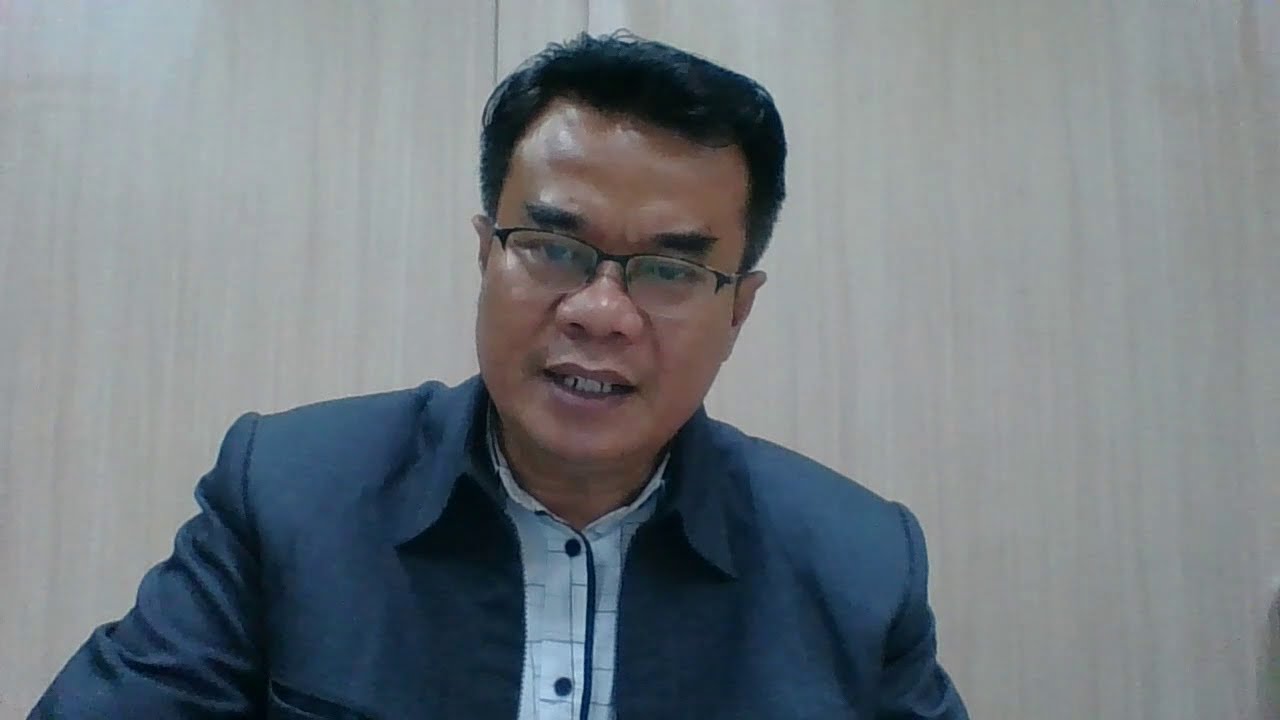7 Erros no Agravo de Instrumento - Haroldo Lourenço
Summary
TLDRIn this video, the speaker addresses seven common mistakes made by lawyers when filing a writ of appeal against a court decision. They discuss the importance of understanding Article 1015, the concept of mitigated taxativity, and the correct procedure for filing appeals. The speaker also emphasizes the need for lawyers to request a suspensive effect, adhere to Article 1018, and utilize oral advocacy effectively. The video aims to guide lawyers to avoid these pitfalls and improve their practice, especially in real estate law.
Takeaways
- 📚 The speaker discusses common mistakes made by lawyers when filing an appeal against a court decision, specifically focusing on the 'agravo de instrumento' in Brazilian law.
- 👀 It's crucial for lawyers to analyze Article 1015 of the Brazilian Civil Procedure Code before filing an appeal, as it outlines the conditions for such actions.
- 📝 The concept of 'taxatividade mitigada' (mitigated strictness) is explained, which allows for appeals in cases not explicitly mentioned in Article 1015 if certain conditions are met.
- ❌ A common mistake is filing an appeal directly with the court without considering the implications and the correct procedure.
- 🔍 Lawyers often forget to include complete information about the opposing counsel in their appeals, which is mandatory as per Article 1016.
- 📅 There's a specific time frame within which certain actions must be taken after filing an appeal, and lawyers must be aware of these deadlines to avoid procedural errors.
- 📧 When filing an appeal, it's important to communicate with the first-instance court, especially if the process is physical and not electronic, to ensure proper legal procedures are followed.
- 🚫 Lawyers should not overlook the requirement to request a suspensive effect when filing an appeal, which is not automatically granted and must be specifically asked for with proper legal grounds.
- 💡 The speaker emphasizes the importance of clarity and organization in legal documents to facilitate understanding and consideration by the court.
- 🗣️ Lastly, the speaker highlights the value of oral arguments in certain types of appeals, such as those against provisional measures, and the importance of engaging actively in the process.
Q & A
What are the seven common mistakes lawyers make according to the speaker?
-The speaker outlines seven common mistakes: 1) Failing to analyze Article 1.015 properly before filing an appeal; 2) Directly filing an appeal with the court instead of following the proper procedure; 3) Forgetting to observe Article 1016 and its requirements; 4) Not following Article 1018 correctly in physical processes; 5) Not requesting a suspensive effect in the instrument appeal; 6) Mixing up admissibility and merit in the appeal; 7) Not utilizing the oral argument for the instrument appeal.
What does 'taxatividade mitigada' mean in the context of Article 1.015?
-'Taxatividade mitigada' refers to the concept that while Article 1.015 is prescriptive, there are exceptions where an appeal can be filed for cases not explicitly mentioned in the article, provided the lawyer can demonstrate the necessity.
Why is it important to discuss the matter of appeal at the end of the trial according to the speaker?
-Discussing the matter of appeal at the end of the trial is crucial because waiting until the final moment can prevent the appeal from being useful, as it may be too late to address issues like the competence of the court or the secrecy of justice.
What is the significance of Article 1016 in the context of instrument appeals?
-Article 1016 is significant as it requires the lawyer to provide complete information about the opposing counsel, including their full name and professional address, to ensure proper notification and response in the appeal process.
Why should a lawyer not forget to communicate with the first instance court when filing an instrument appeal?
-Communicating with the first instance court is essential to ensure the 'retratação' or 'regressive effect' of the appeal, which can affect the admissibility of the appeal if not done correctly.
What is the role of Article 995 of the CPC in instrument appeals?
-Article 995 of the CPC establishes that, as a rule, civil process appeals do not have a suspensive effect. Lawyers must request a suspensive effect specifically in their instrument appeals, citing relevant articles.
Why is it essential for lawyers to explain the basis of their instrument appeal according to the speaker?
-Lawyers must explain the basis of their instrument appeal to demonstrate that it falls under the exceptions of Article 1.015 or the illustrative list of the RO 2015, to ensure the appeal is admissible and has merit.
What is the importance of clarity and organization in an instrument appeal according to the speaker?
-Clarity and organization are crucial for the appeal's effectiveness and the judge's understanding. A well-structured appeal shows the lawyer's technical skill and attention to detail, which can influence the judge's perception and decision.
Why should lawyers utilize the oral argument in instrument appeals?
-Utilizing the oral argument allows the lawyer to demonstrate their engagement and attentiveness to the case, which can enhance the judge's perception of the lawyer's responsibility and lead to more careful consideration of the appeal.
What additional resources does the speaker offer for those interested in learning more about real estate law practice?
-The speaker offers a course on real estate law practice, providing further insights and strategies for success in this field, with a limited-time promotional offer and bonuses for early registrants.
Outlines

このセクションは有料ユーザー限定です。 アクセスするには、アップグレードをお願いします。
今すぐアップグレードMindmap

このセクションは有料ユーザー限定です。 アクセスするには、アップグレードをお願いします。
今すぐアップグレードKeywords

このセクションは有料ユーザー限定です。 アクセスするには、アップグレードをお願いします。
今すぐアップグレードHighlights

このセクションは有料ユーザー限定です。 アクセスするには、アップグレードをお願いします。
今すぐアップグレードTranscripts

このセクションは有料ユーザー限定です。 アクセスするには、アップグレードをお願いします。
今すぐアップグレード関連動画をさらに表示

Canada Visa Refused? Here are your next steps! Options after Canada Visa Refusal in 2023

The Barristers - Inside the International Criminal Court (3/5)

اقامت هنرمندی اتریش | چهار دروغی که مشاوران مهاجرتی درباره اقامت هنرمندی اتریش بهت میگن

Alur Sidang Perdata di Pengadilan #alursidang #perdata #pengadilan

video04 luiz

Hukum acara perdata: tahapan sidang di pengadilan menurut HIR
5.0 / 5 (0 votes)
